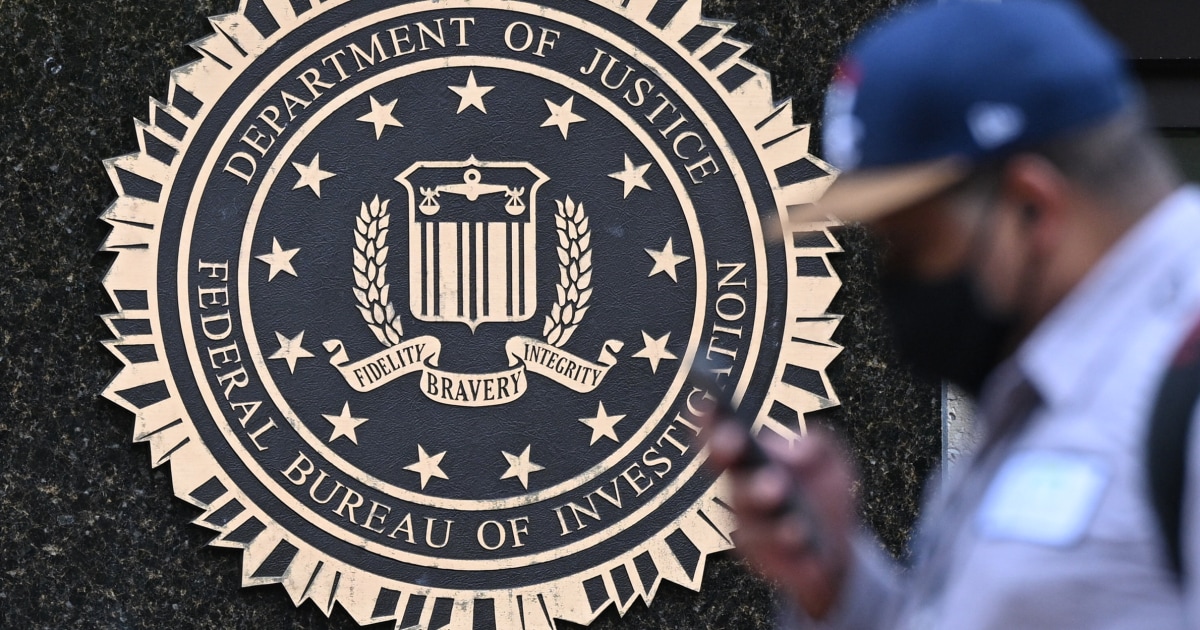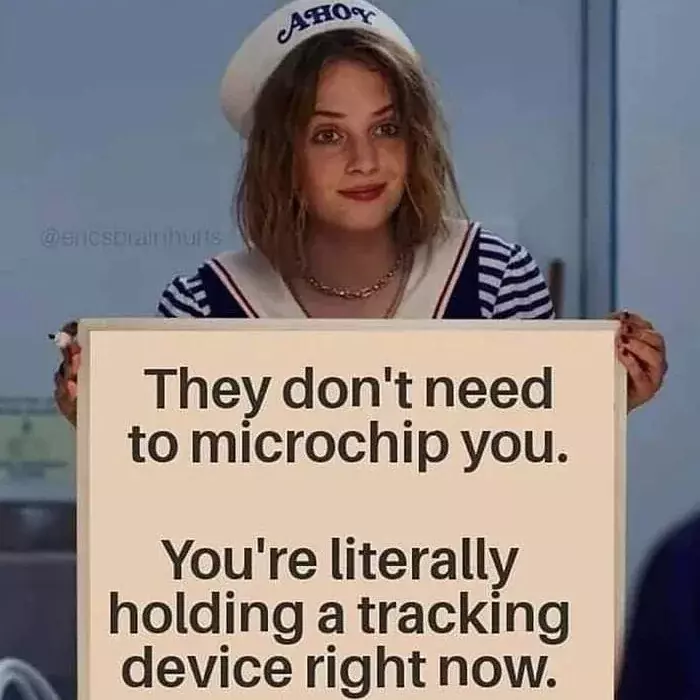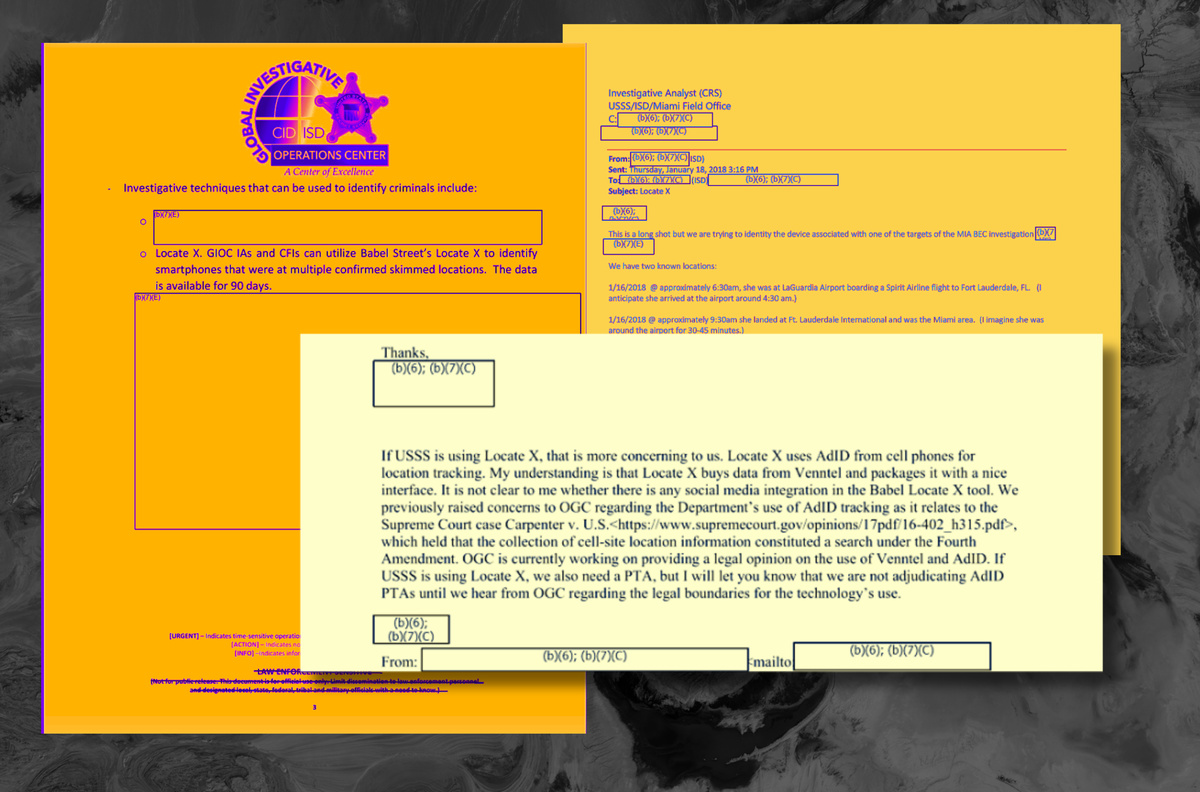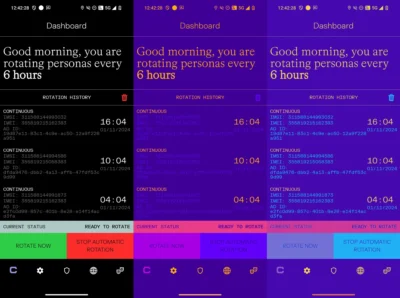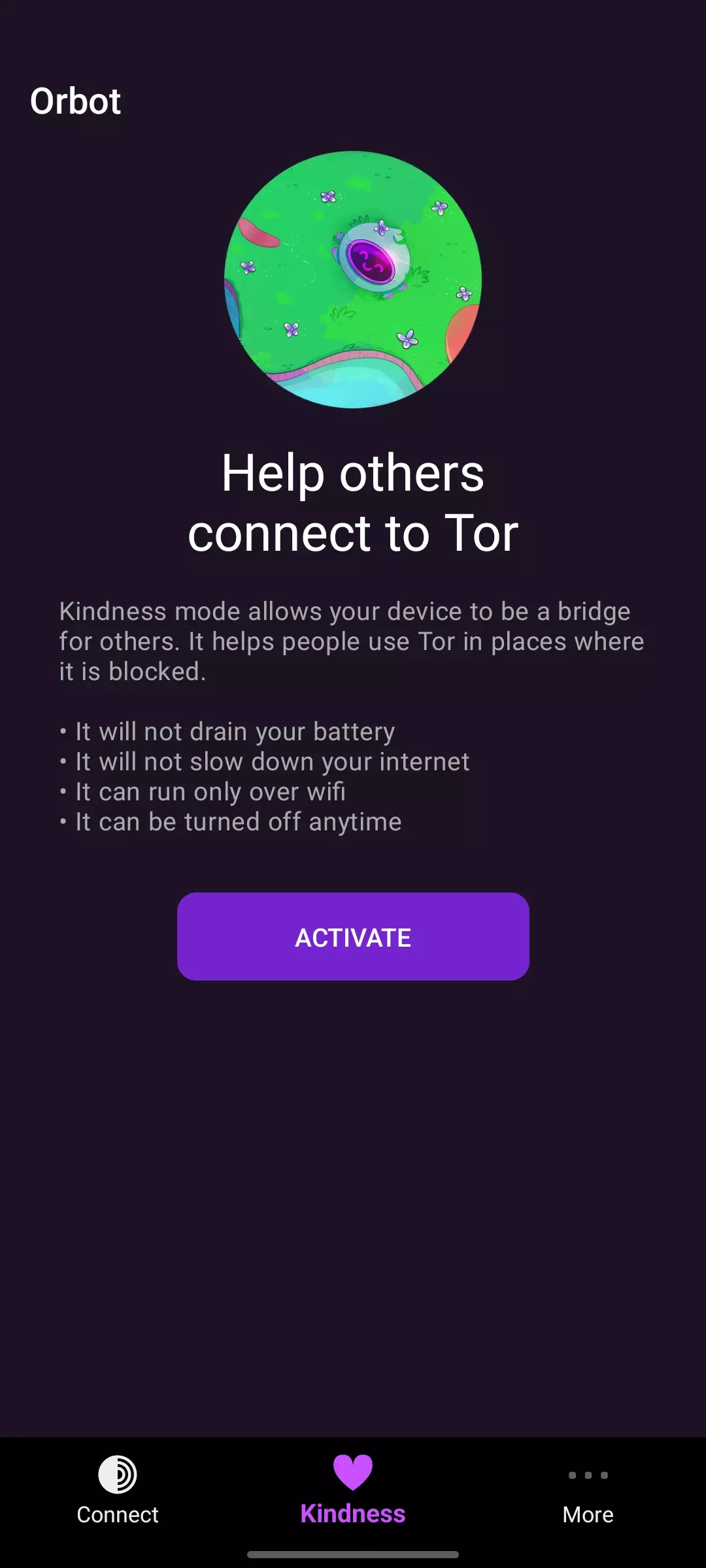[gopher://gopher.floodgap.com/0/feeds/voaheadlines/2024/Nov/15/https---www.voanews.com-a-australia-s-plan-to-ban-children-from-social-media-proves-popular-problematic-7864823.html](gopher://gopher.floodgap.com/0/feeds/voaheadlines/2024/Nov/15/https---www.voanews.com-a-australia-s-plan-to-ban-children-from-social-media-proves-popular-problematic-7864823.html)
Originally posted by the Voice of America.
Voice of America content is produced by the Voice of America,
a United States federal government-sponsored entity, and is in
the public domain.
Australia's plan to ban children from social media proves popular, problematic
by Associated Press
MELBOURNE, Australia --
How do you remove children from the harms of social media? Politically
the answer appears simple in Australia, but practically the solution
could be far more difficult.
The Australian government's plan to ban children from social media
platforms including X, TikTok, Facebook and Instagram until their 16th
birthdays is politically popular. The opposition party says it would
have done the same after winning elections due within months if the
government hadn't moved first.
The leaders of all eight Australian states and mainland territories
have unanimously backed the plan, although Tasmania, the smallest
state, would have preferred the threshold was set at 14.
But a vocal assortment of experts in the fields of technology and child
welfare have responded with alarm. More than 140 such experts signed an
open letter to Prime Minister Anthony Albanese condemning the 16-year
age limit as "too blunt an instrument to address risks effectively."
Details of what is proposed and how it will be implemented are scant.
More will be known when legislation is introduced into the Parliament
next week.
## The concerned teen
Leo Puglisi, a 17-year-old Melbourne student who founded online
streaming service 6 News Australia at the age of 11, laments that
lawmakers imposing the ban lack the perspective on social media that
young people have gained by growing up in the digital age.
"With respect to the government and prime minister, they didn't grow up
in the social media age, they're not growing up in the social media
age, and what a lot of people are failing to understand here is that,
like it or not, social media is a part of people's daily lives," Leo
said.
"It's part of their communities, it's part of work, it's part of
entertainment, it's where they watch content -- young people aren't
listening to the radio or reading newspapers or watching free-to-air TV
-- and so it can't be ignored. The reality is this ban, if implemented,
is just kicking the can down the road for when a young person goes on
social media," Leo added.
Leo has been applauded for his work online. He was a finalist in his
home state Victoria's nomination for the Young Australian of the Year
award, which will be announced in January. His nomination bid credits
his platform with "fostering a new generation of informed, critical
thinkers."
## The grieving mom-turned-activist
One of the proposal's supporters, cyber safety campaigner Sonya Ryan,
knows from personal tragedy how dangerous social media can be for
children.
Her 15-year-old daughter Carly Ryan was murdered in 2007 in South
Australia state by a 50-year-old pedophile who pretended to be a
teenager online. In a grim milestone of the digital age, Carly was the
first person in Australia to be killed by an online predator.
"Kids are being exposed to harmful pornography, they're being fed
misinformation, there are body image issues, there's sextortion, online
predators, bullying. There are so many different harms for them to try
and manage and kids just don't have the skills or the life experience
to be able to manage those well," Sonya Ryan said.
"The result of that is we're losing our kids. Not only what happened to
Carly, predatory behavior, but also we're seeing an alarming rise in
suicide of young people," she added.
Sonya Ryan is part of a group advising the government on a national
strategy to prevent and respond to child sexual abuse in Australia.
She wholeheartedly supports Australia setting the social media age
limit at 16.
"We're not going to get this perfect," she said. "We have to make sure
that there are mechanisms in place to deal with what we already have
which is an anxious generation and an addicted generation of children
to social media."
A major concern for social media users of all ages is the legislation's
potential privacy implications.
Age estimation technology has proved inaccurate, so digital
identification appears to be the most likely option for assuring a user
is at least 16.
Australia's eSafety Commissioner, an office that describes itself as
the world's first government agency dedicated to keeping people safer
online, has suggested in planning documents adopting the role of
authenticator. The government would hold the identity data and the
platforms would discover through the commissioner whether a potential
account holder was 16.
## The skeptical internet expert
Tama Leaver, professor of internet studies at Curtin University, fears
that the government will make the platforms hold the users'
identification data instead.
The government has already said the onus will be on the platforms,
rather than on children or their parents, to ensure everyone meets the
age limit.
"The worst possible outcome seems to be the one that the government may
be inadvertently pushing towards, which would be that the social media
platforms themselves would end up being the identity arbiter," Leaver
said.
"They would be the holder of identity documents which would be
absolutely terrible because they have a fairly poor track record so far
of holding on to personal data well," he added.
The platforms will have a year once the legislation has become law to
work out how the ban can be implemented.
Ryan, who divides her time between Adelaide in South Australia and Fort
Worth, Texas, said privacy concerns should not stand in the way of
removing children from social media.
"What is the cost if we don't? If we don't put the safety of our
children ahead of profit and privacy?" she asked.
#social-media #australia #internet #privacy #mental-health #kids #children #age-limit #age-verification #minimum-age







